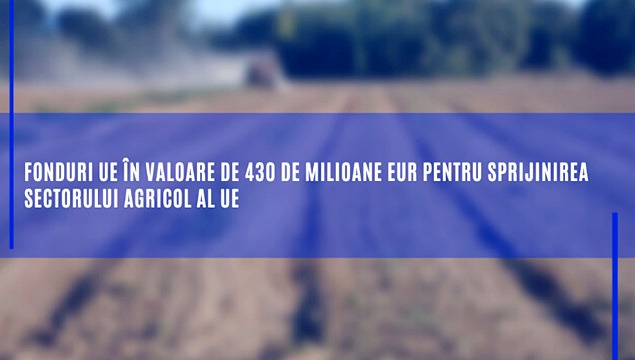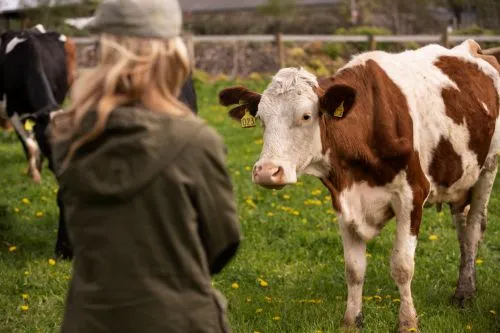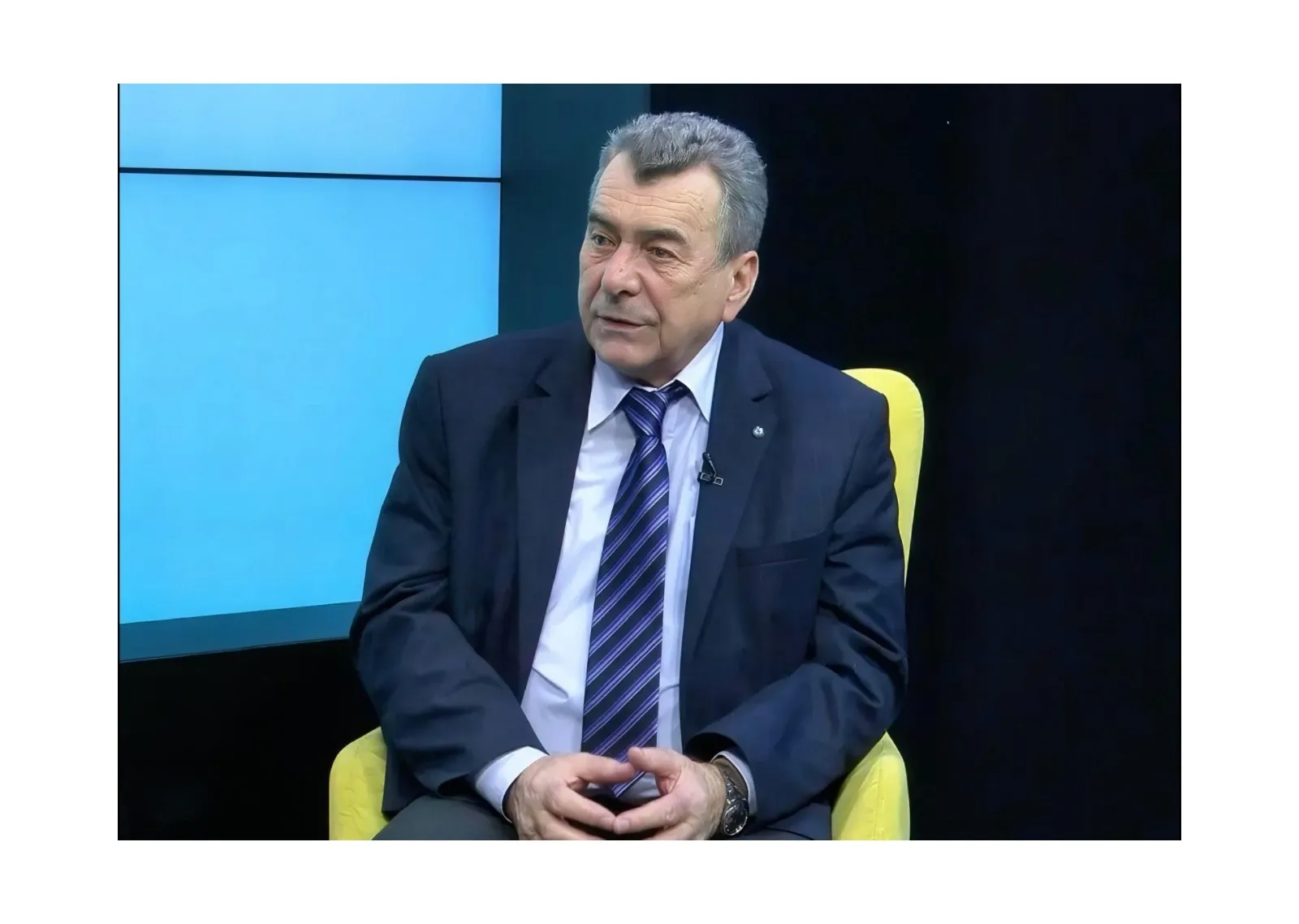4538

The European Commission informs that it has proposed the mobilization of additional funding from the EU for EU farmers affected by adverse climatic phenomena, the high costs of production factors and various aspects related to the market and trade. The new support package will consist of EUR 330 million for 22 Member States.
In addition, Member States yesterday approved the EUR 100 million support package for farmers in Bulgaria, Hungary, Poland, Romania and Slovakia, presented on 3 May. A number of other measures, including the possibility of higher advance payments, should support farmers affected by adverse weather events.
EU farmers in Belgium, Czech Republic, Denmark, Germany, Estonia, Ireland, Greece, Spain, France, Croatia, Italy, Cyprus, Latvia, Lithuania, Luxembourg, Malta, Netherlands, Austria, Portugal, Slovenia, Finland and Sweden will benefit from this exceptional support amounting to EUR 330 million from the CAP budget.
Countries can complement this EU support with up to 200% of national funds. Member States have submitted to the Commission in-depth assessments of the difficulties faced by their respective agricultural sectors. The measure will be voted on by member states at the next meeting of the committee for the common organization of agricultural markets.
National authorities will distribute aid directly to farmers to compensate them for economic losses caused by market disruptions, the consequences of high input prices and rapidly falling agricultural product prices, and, where appropriate, for damage caused by recent, particularly severe climate events in the Iberian Peninsula and in Italy.
The aid can also finance wine distillation to avoid further deterioration of the market in this sector.
The EUR 100 million support package approved yesterday by Member States for farmers in Bulgaria, Hungary, Poland, Romania and Slovakia, presented in May, will allocate EUR 9.77 million to Bulgaria, EUR 15.93 million to Hungary, EUR 39.33 million to Poland, EUR 29.73 million to Romania and EUR 5.24 million to Slovakia.
Farmers in these five member states are facing logistical bottlenecks as a result of large imports of certain agri-food products from Ukraine. The exceptional and temporary preventive measures on imports of a limited number of products from Ukraine entered into force on 2 May 2023 and will be phased out by 15 September 2023.
A joint coordination platform is also working to improve the trade flow of trade between the European Union and Ukraine through solidarity corridors.
Payments for both support packages should be made by 31 December 2023. The Member States concerned will have to notify the Commission of the details of the implementation of the measure, in particular the criteria used to calculate the aid, the expected impact of the measure, its evaluation and the actions taken to avoid distortion of competition and overcompensation.
In addition to this direct financial support, the Commission proposes to allow higher advance payments from CAP funds. Up to 70% of their direct payments and 85% of area and livestock rural development payments could be made available to farmers from mid-October to improve their cash flow situation.
Member States will also have the possibility to amend their CAP strategic plans to redirect CAP funds to investments that restore production potential following the destruction of crops, loss of livestock and damage to buildings, machinery and infrastructure in the cause of unfavorable climatic phenomena.
Changes introduced by national governments under this framework would not be included in the maximum number of changes allowed. Similarly, flexibility is also granted in the implementation of the sectoral programs for wine and fruit and vegetables. This allows beneficiaries to better adapt their measures to the current market situation.
Context
The agricultural sector has been under pressure from the COVID-19 pandemic and from the sharp rise in the prices of energy and agricultural inputs such as fertilizers following Russia's aggression against Ukraine.
The European Commission has already adopted a €500 million support package in March 2022 and listed a wide range of actions to ensure the availability and affordability of fertilizers in November 2022.
The rapid decline in agricultural commodity prices over the past year, against the backdrop of still high factor costs, which are falling less rapidly – is causing liquidity problems for farmers, particularly in the cereals, oilseeds, dairy, livestock farming, animals, wine or fruit and vegetables.
As a result of food inflation, consumer demand has shifted away from certain products such as wine, fruit and vegetables or organic produce, creating additional difficulties for producers.
In addition to this overall negative economic development, the Iberian Peninsula was affected by drought, while certain Italian regions were affected by particularly severe floods. These extreme weather events cause damage to local agricultural production and infrastructure.
The Commission analyzed the aid requests sent by the Member States justifying the large approved support package.





